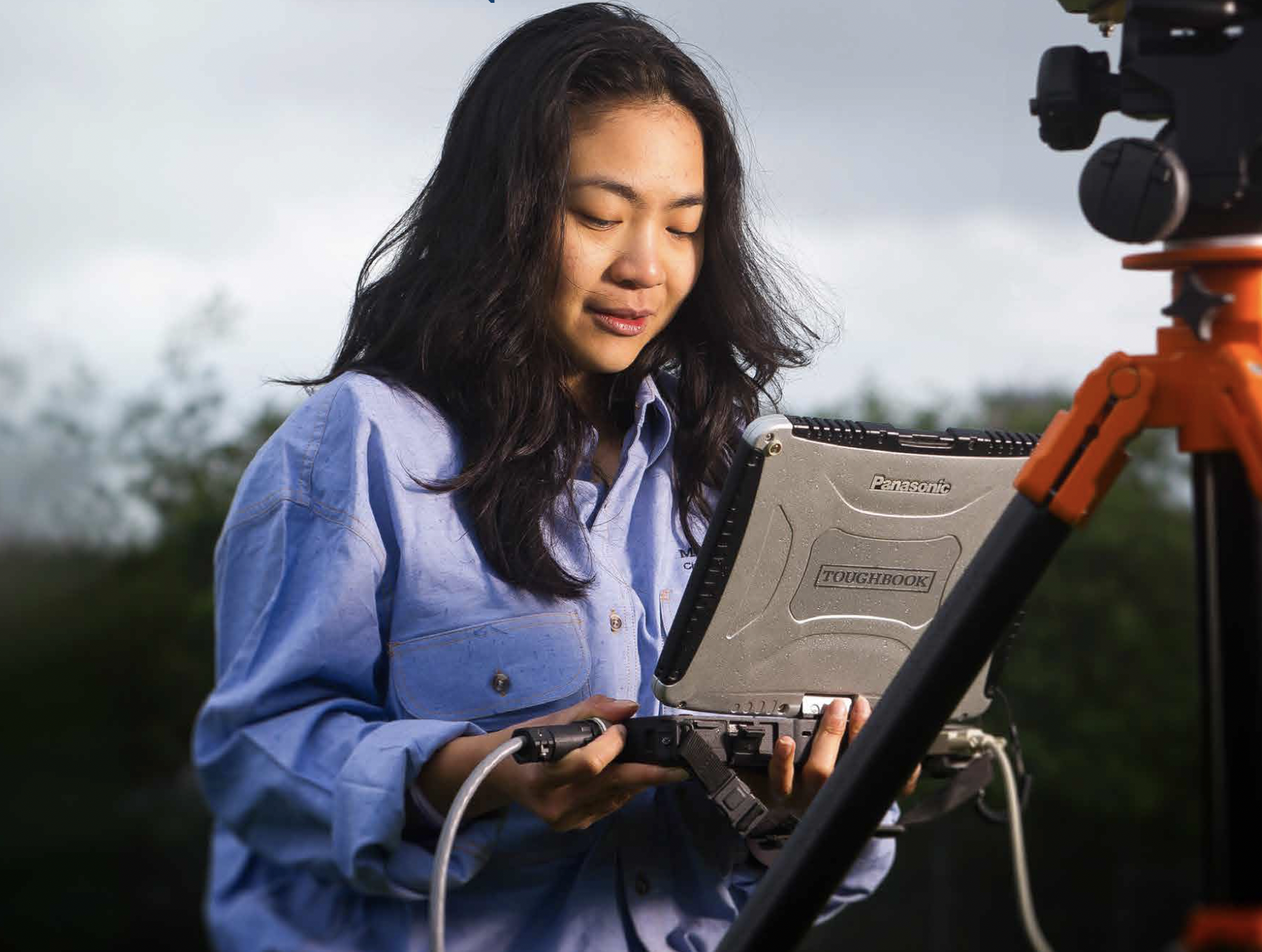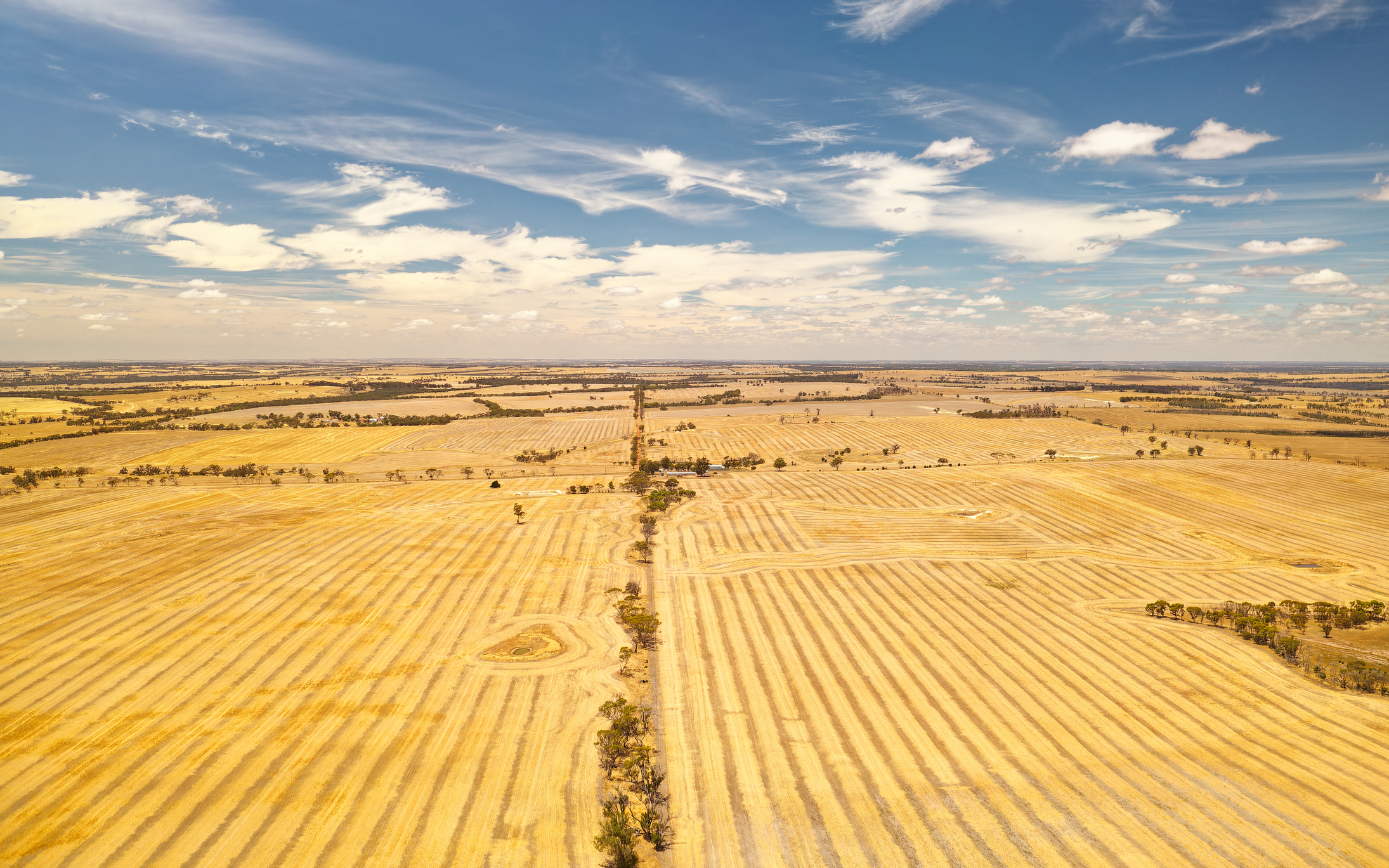
ATSE’s submission responds to three of the five consultation opportunities from the Productivity Commission (building a skilled and adaptable workforce, harnessing data and digital technology and, investing in cheaper, cleaner energy and the net zero transformation).

Ensuring Australia’s research ecosystem is as strong as possible is foundational for Australia’s future prosperity. The National Competitive Grants Program, as the largest funder of non-medical fundamental research, is a core component of this ecosystem.

A well-managed and funded Research and Development (R&D) sector can help Australia meet its social, environmental and economic challenges, building resilience and capability, and securing our nation's prosperity.

National Research Infrastructure forms the basis for much of Australia’s research capability, including research with international collaborators. These facilities can only run with the expertise of their highly skilled workforce.

The architecture of National Research Infrastructure enables Australia to develop and deliver outcomes from its research strengths. The 2026 NRI Roadmap will facilitate consideration of emerging opportunities and guiding investment decisions using the renewed National Science and Research Priorities.

Australia’s farmers and regional communities face increasing drought risks due to climate change. This submission to the Department of Agriculture, Fisheries and Forestry’s offers key recommendations to enhance the country's resilience in the face of increased droughts.